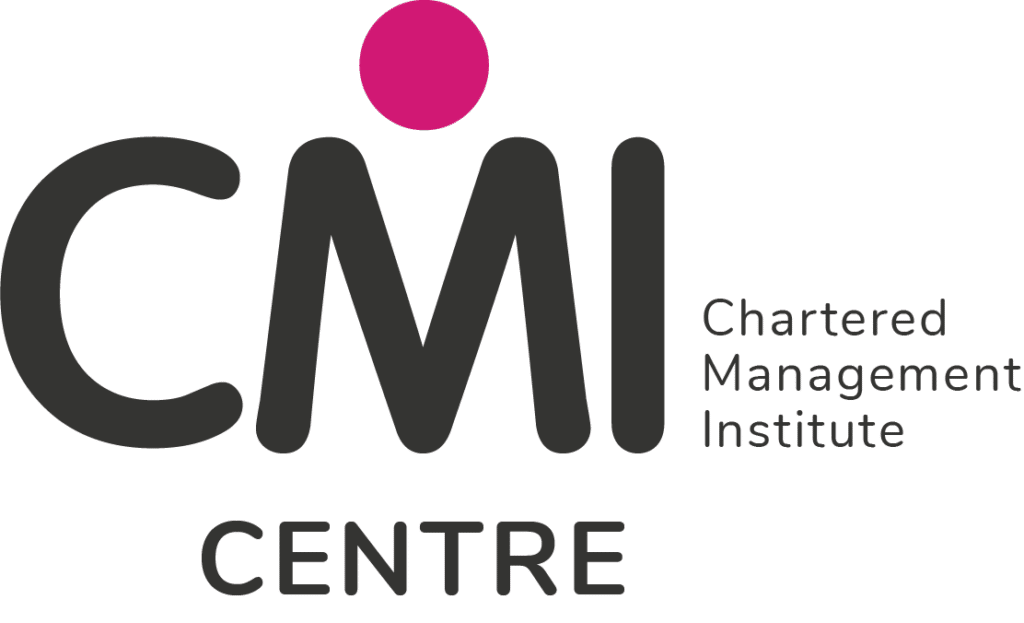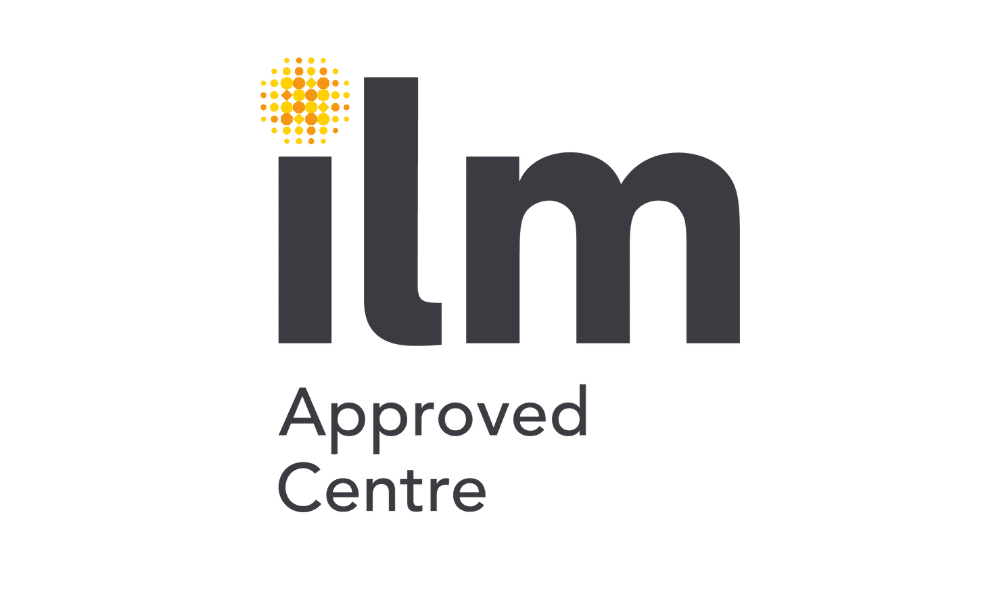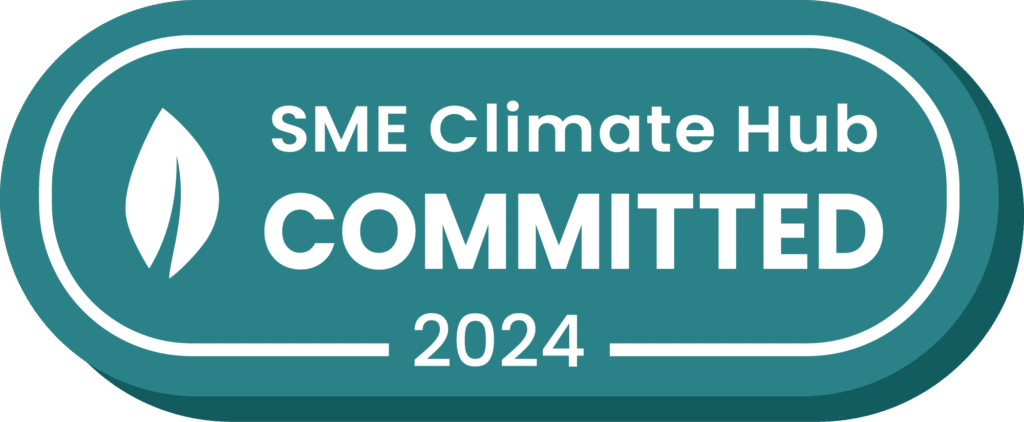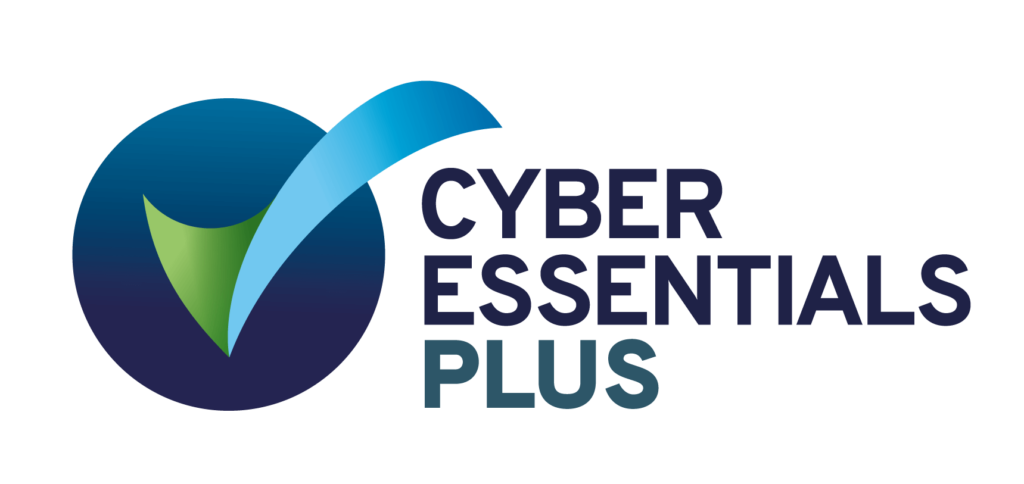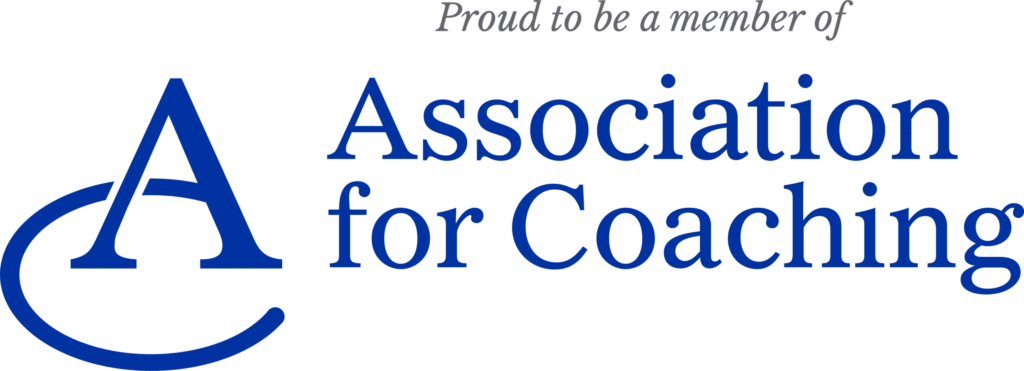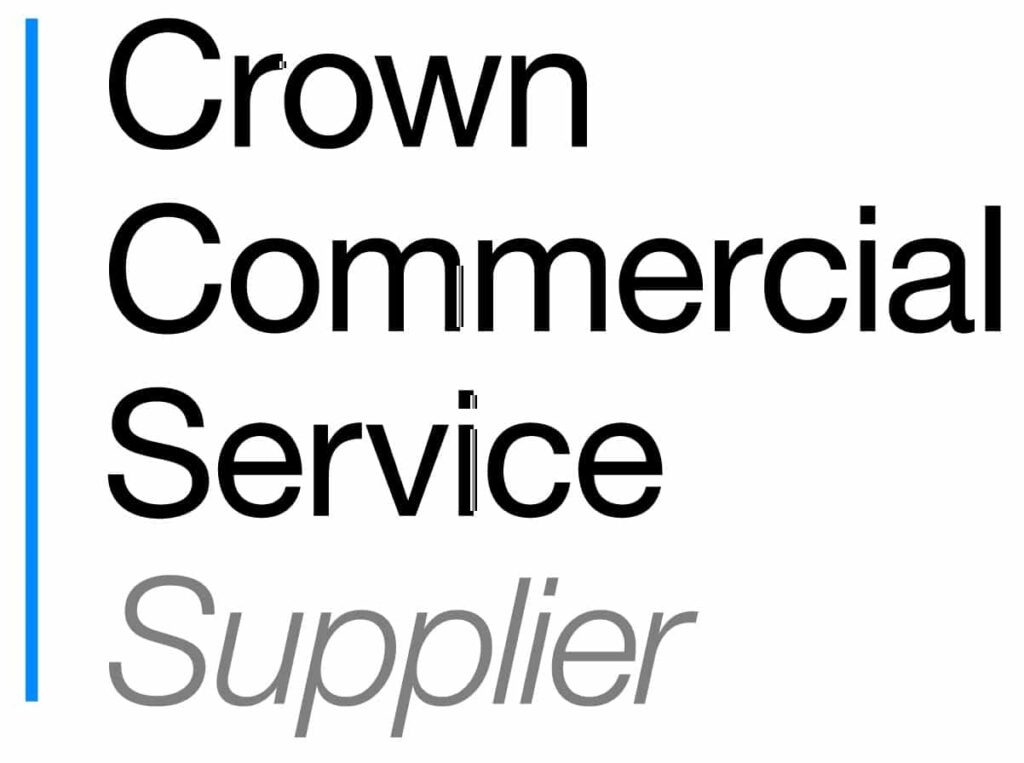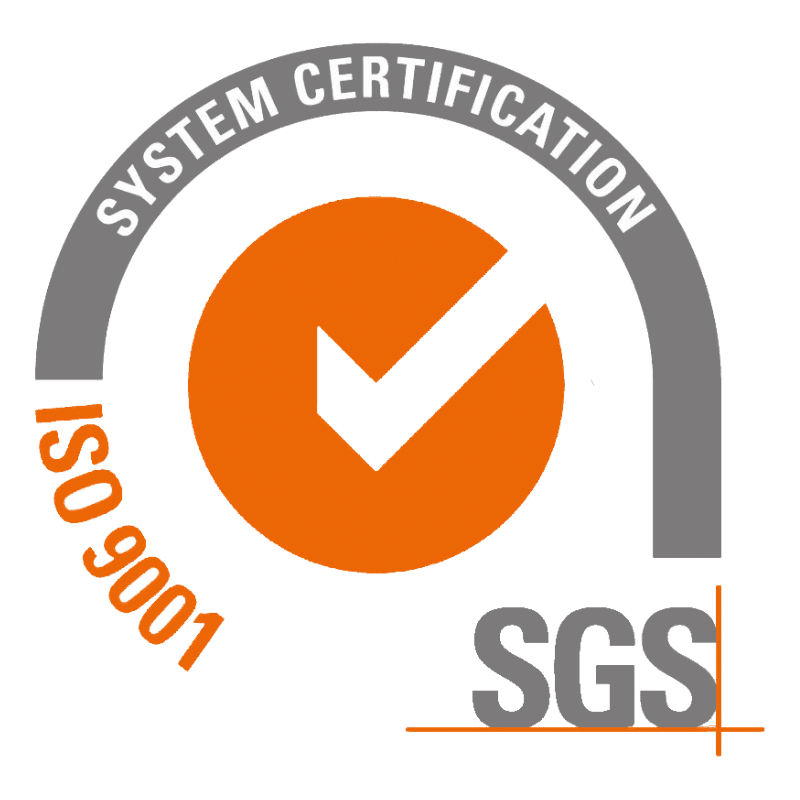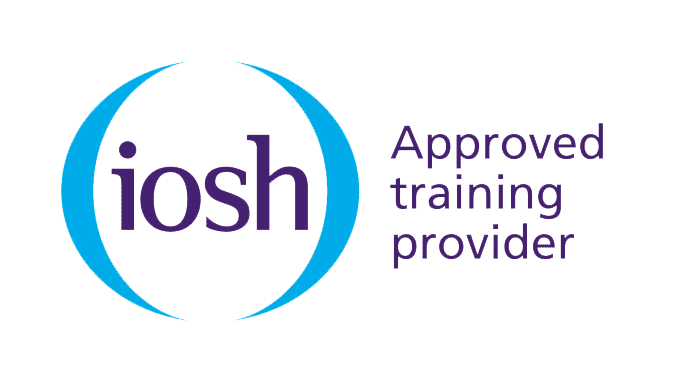Theory is valuable
Part of bringing about any behaviour change – no matter how significant or disruptive – is selling the benefits and making learners believe in the value of how they could be behaving, compared to how they may be behaving already. Within this context, to understand why certain management behaviours or approaches are effective, or how they can underpin positive changes in the workplace, it is important to appreciate the research and evidence making that case.
However, between our conversations with customers, direct feedback from thousands of learners and over 20 years of experience delivering and evaluating learning, an important point always rises to the surface: theory loses its value without guidance and direction to put it into practice.

Imagine a training room (face-to-face or virtual) where good ideas, sensible suggestions or practical improvements are suggested, coming directly from everyone’s real workplace experiences and genuine frustrations. Great!
Now, imagine sitting in that training room, knowing that these ideas, some of which would make your working life significantly easier or day-to-day role less stressful, will stay right there in that training room. They will exist forever as simply good ideas, discussed in a classroom, never translating to the workplace. Frustrating?
Although it doesn’t seem like it should be a challenge, one of the of the complications to professional learning and development is that it is interesting and worthwhile: with the very best of intentions, plenary discussion can run on and on, particularly when focusing on theory-based workplace improvements and learning about what has worked well for other individuals or organisations.

In fact, it is the first half of an extremely valuable training session. The challenge is translating this well-intention engagement into the second half, when learners are guided towards actions they will be able to take at the next available opportunity.
Action in focus
From the perspective of designing learning interventions (and programmes thereof), this action-focused element must be underpinned by the desired outcomes of the session. We have shared insight in the past about how our most successful and impactful learning is enabled by customers ‘starting at the finish’. If, when they are deciding on learning topics to roll out and where/how to deploy them, it means the learning is targeted at, and can be evaluated against, specific performance improvements, skill developments or behaviour changes. These then inform the guidance that learners are given to take their learning from insightful classroom discussion to impactful workplace evidence.

When it comes to workplace evidence, our experience of delivering management apprenticeships, as one of the first providers to deliver successful programmes of the new Level 3 (Team Leader/Supervisor) and Level 5 (Operations/Departmental Manager) standards, has made a significant contribution. As programmes of learning, apprenticeships are inherently action and outcome focused: it is vital that apprentices put the skills and knowledge they are gaining into practice. In fact, their ability to demonstrate that they have done so is central to succcessful End Point Assessment.
In more and more of our programmes, including apprenticeships, we are advising and including Action Learning Sets (ALS) or peer-group learning sessions. These are an opportunity for a group of people – in this case, learners – to meet with the specific intention of bringing, discussing and collaboratively working through problems. On our programmes, these could be an opportunity to further explore the application of particular learning content, queries and situations from a learner that their peers can help them work through or specific shared workplace challenges they would like to apply their learning to. We find that this is an excellent way of helping not only to transfer learning to the workplace, but to also embed the habit of peer-group learning.

ALS also have extensive value as powerful problem-solving tools outside of learning and development programmes. Eliesha was recently awarded a contract with an executive agency of the Ministry of Defence to deliver Action Learning Set facilitation skills to cohorts of leaders within their talent management programme. Across two interactive workshops, we engaged these learners with the benefits of ALS, before giving them the skills and knowledge to run them internally and use them to tackle critical workplace challenges.
Our experience of designing learning and development that bridges the gap between insightful theory and impactful action sets us apart. We would love the opportunity to discuss your workplace challenges and organisational improvement goals in an informal, exploratory context. You can email us on [email protected] or fill out an enquiry form here to set up a meeting.
